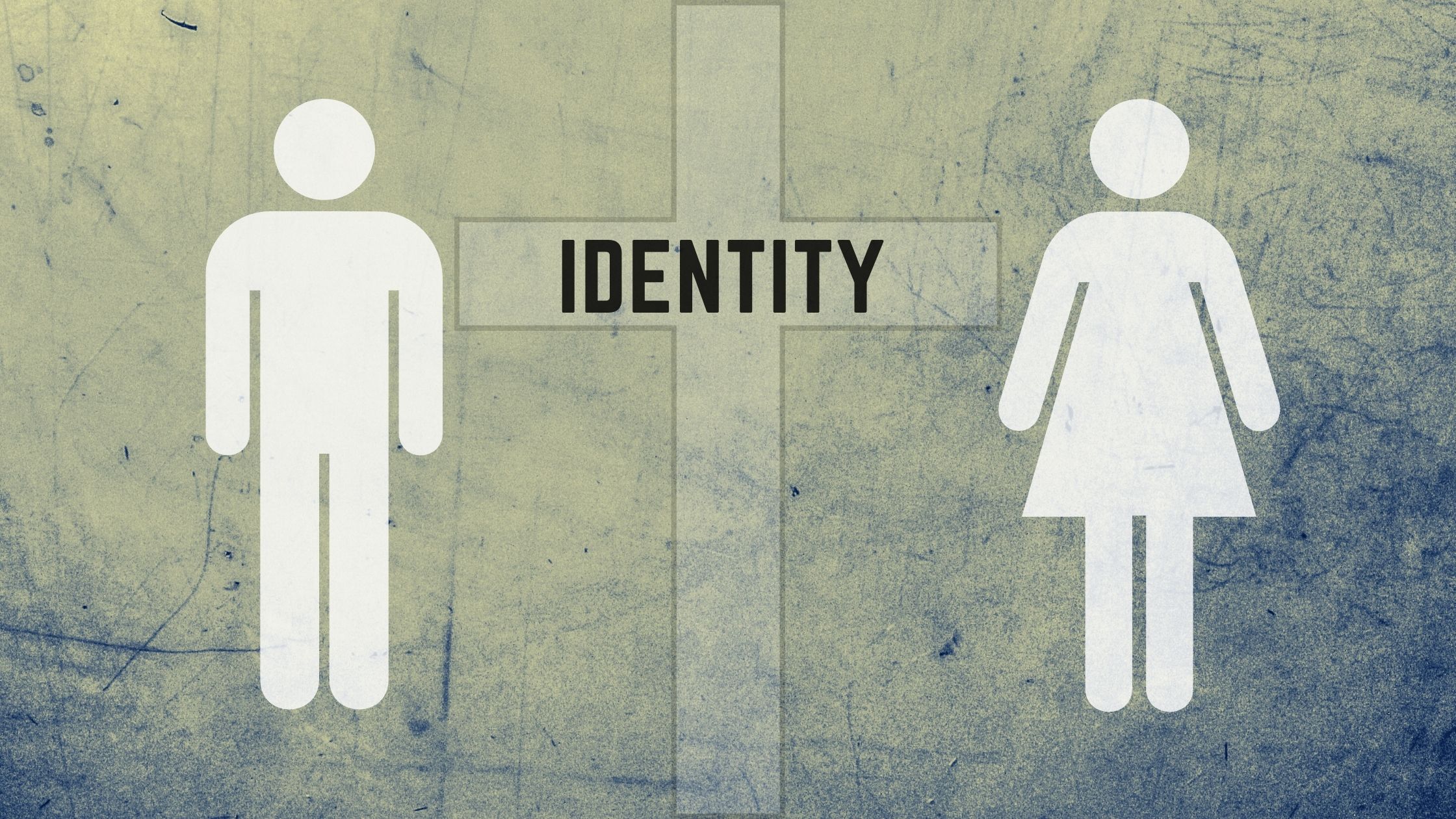Genesis 1:27
So God created mankind in his own image,
in the image of God he created them;
male and female he created them.
–
When I gave birth to my first child, the doctor immediately declared, “It’s a girl.” Why? My daughter’s genitalia identified her gender. She was female. Her gender was determined at birth based on biological fact, and neither she nor I has never questioned it.
However, the number of children and teens who are questioning their gender rises every year. How can concerned adults and parents address this growing concern? We can affirm facts, reject lies, and celebrate the God-given identity of every person.
Affirm Biological Fact
When God created human beings, he made two genders: “So God created mankind in his own image, in the image of God he created them; male and female he created them” (Genesis 1:27 NIV). And for thousands of years, that truth was as undeniable as 1 + 1 = 2.
In recent decades, however, the idea that gender is fluid rather than absolute has gained alarming acceptance. Merriam-Webster now gives this meaning of gender: “the behavioral, cultural, or psychological traits typically associated with one sex.” Even the medical dictionary has watered down its definition of gender: “either of two divisions, designated female and male, by which most organisms are classified on the basis of their reproductive organs and functions.”
Don’t miss the ambiguity of those definitions: “traits associated with one sex” and “by which most organisms are classified.” The M-W definition no longer mentions reproductive organs. In the medical dictionary, “most organisms” apparently doesn’t include humans. Why not? What makes humans the exception to being classified “on the basis of their reproductive organs and functions”?
Perhaps the crucial difference is that Satan—whom Jesus called “a liar and the father of lies” in John 8:44—plants doubt in human minds about what God has declared as fact. In the garden of Eden, Satan asked Adam and Eve, “Did God really say, ‘You must not eat from any tree in the garden’?” (Genesis 3:1). He then said God was wrong: “you will not certainly die” (Genesis 3:4). Today he whispers another lie into vulnerable ears: “Did God assign you a gender in the womb? He was wrong. You know better.”
Can created beings change their God-given nature by altering definitions and then willing the change to be so? Suppose I expand the definition of an Olympic 100-meter sprint champion from “the winner of the final 100-meter sprint in an officially sanctioned world Olympic Games” to include “and also a 57-year-old grandmother who believes she is an Olympic sprint champion.” Should the Olympic committee grant the grandmother an Olympic gold medal? No. But what if she sincerely believes she is an Olympic sprint champion? Still no. Neither can we alter biological fact by altering definitions to suit someone’s fantasy.
Reject Gender Stereotypes
Although the estimated LGBT population is between 4.5% and 5.6%, almost 16% of those aged 18–23 identify as LGBT. Why? Part of this gender identity crisis may be fueled by gender stereotypes.
Those who say they’re confused about their gender often profess that they’ve never been comfortable with their birth gender. They suffer, experts say, from gender dysphoria, which the Mayo Clinic defines as “the feeling of discomfort or distress that might occur in people whose gender identity differs from their sex assigned at birth or sex-related physical characteristics.” This discomfort, however, as the definition suggests is more psychological than biological.
In the past, our culture generated gender roles for boys and girls—preferred activities, interests, and careers. Boys played with trucks, girls with dolls; boys learned to repair engines, girls learned to cook. If a child didn’t conform to those stereotypes, he or she was often bullied or ridiculed, and adults typically redirected the child toward more culturally acceptable pursuits.
But these erroneous culture-generated norms are not biblical. Men and women in the Bible had diverse skills and talents. Jacob “was content to stay at home” and liked to cook (Genesis 25:27, 29). Deborah was a prophet and judge who “held court … and the Israelites went up to her to have their disputes decided” (Judges 4:7). She also accompanied Barak and the armies of Israel into battle (Judges 4:9).
David had a versatile skill set. Scripture describes him as a man “who knows how to play the lyre. He is a brave man and a warrior. He speaks well and is a fine-looking man. And the Lord is with him” (1 Samuel 16:18). David’s military prowess inspired the song “Saul has slain his thousands, and David his tens of thousands,” yet he was also celebrated as “Israel’s beloved singer of songs” (1 Samuel 18:7; 2 Samuel 23:1).
When the mother of King Lemuel described the ideal wife to him, she not only praised her cooking, cleaning, and sewing skills. She also highlighted her business skills: “she considers a field and buys it, out of earnings she plants a vineyard. … She sees that her trading is profitable” (Proverbs 31:16, 18).
These examples illustrate that God creates men and women with a diversity of skills and interests. We, therefore, should celebrate that diversity and encourage both children and adults to pursue the interests God wove into their DNA when he created them. As the psalmist wrote,
“For you created my inmost being; you knit me together in my mother’s womb. … My frame was not hidden from you when I was made in the secret place, when I was woven together in the depths of the earth” (Psalm 139:13, 15).
Celebrate Individual Diversity
God chose passions and abilities for each person as surely as he chose hair and eye color. These skills should be affirmed as God-given passions, regardless of gender. For example, when the tabernacle was constructed, God said, “Tell all the skilled men to whom I have given wisdom in such matters that they are to make garments for Aaron” (Exodus 28:3). Men sewed. Did they suffer from gender dysphoria? Of course not. God gave himself credit for their abilities. When Rebekah said to Abraham’s servant, “I’ll draw water for your [ten] camels … until they have finished drinking”—a task that required great physical strength—should she have questioned her birth gender? (Genesis 24:19) Certainly not.
The rampant increase of gender dysphoria among children and teens should concern every adult. The biological facts about gender have not changed. God ordains gender and shapes a baby within the mother’s womb, giving the child a unique set of passions and abilities that can be used for God’s glory. And when a baby is born, with a minuscule number of medical exceptions, genitalia determines whether the child is a boy or a girl.
Children and teens need gender affirmation, not sex-reassignment surgery. Let’s work to alleviate gender confusion by affirming biological facts, rejecting gender stereotypes, and celebrating the unique set of abilities and interests God gives each person.

